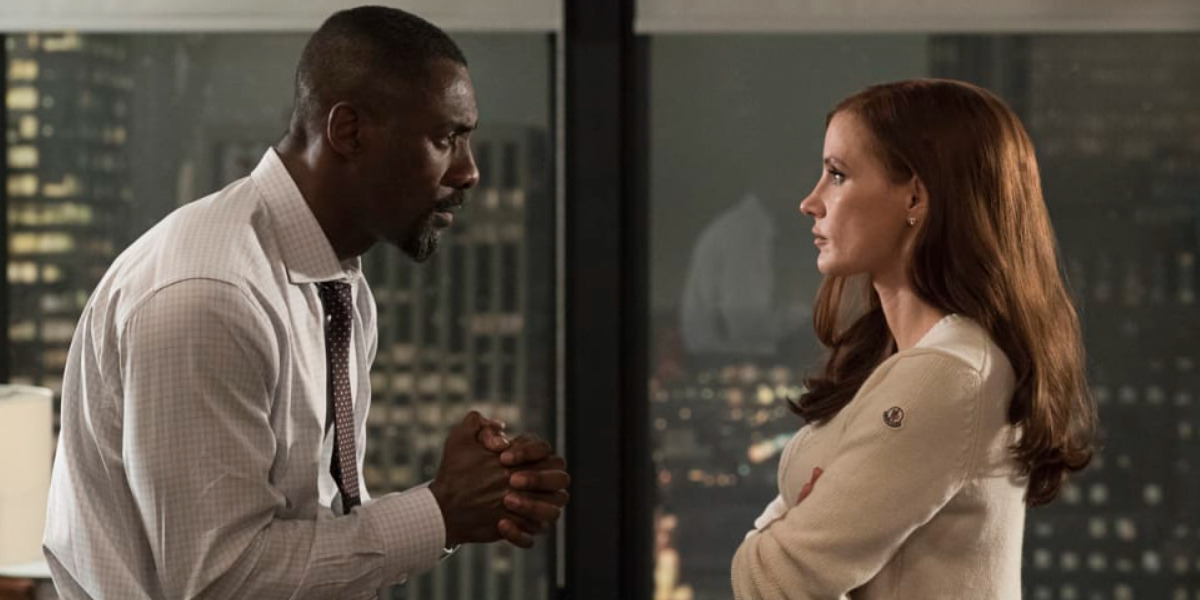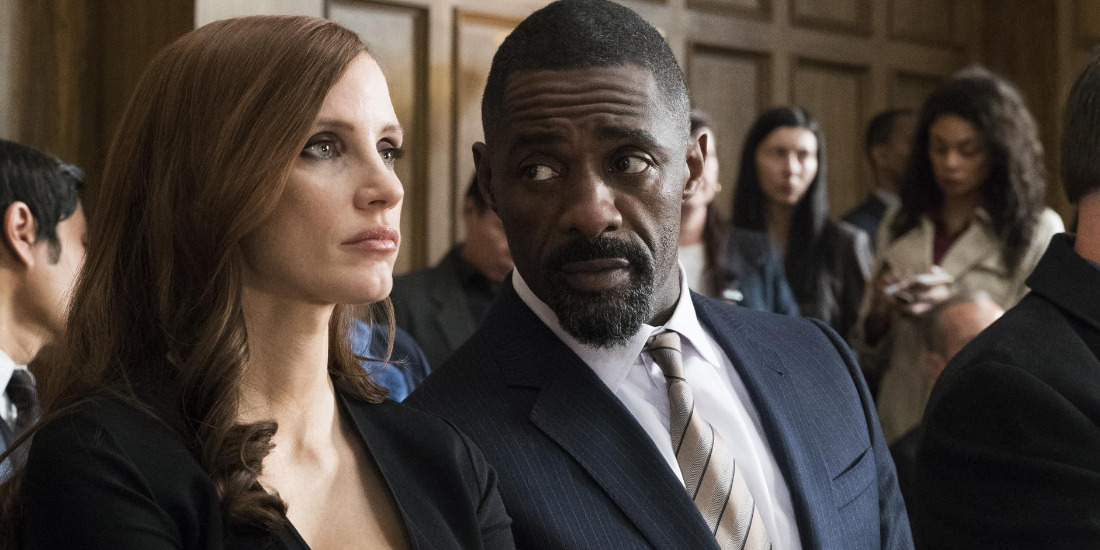Helmed by Aaron Sorkin, ‘Molly’s Game’ tells the thrilling story of an ambitious woman whose gradual but abrupt descent into illegal sports gambling practices turns her life upside down, sending her down a rough, dangerous path. Oscillating between the past and the present, the 2018 film charts Molly Bloom’s journey as she ventures into the world of high-stakes Poker, not as a player but rather as the Game organizer. While she maintains legality in her work at the start, her hold on the same loosens eventually, putting her on the FBI’s radar.
As a result, months after her last Poker Game Night, Molly finds herself constructing a case with her defense attorney, Charlie Jaffey, whose reluctance to believe in the woman’s innocence sheds with time. Since the lawyer’s connection to the plot emerges from his criminal justice system background, people are bound to wonder about the character’s potential real-life connections to Molly Bloom.
Charlie Jaffey: A Fictionalized Lawyer With Little Connection to Bloom’s Real Attorneys
Based on the real-life experiences of Molly Bloom, ‘Molly’s Game’ is a biographical film where most characters have a basis in a real-life counterpart or multiple of them. Yet, the narrative creates fictionalized identities for all such characters, leaving the protagonist as the sole character to bear her real-life inspiration’s name. Much the same remains the case for Charlie Jaffey, who can be interpreted as a composite of the numerous lawyers that Bloom employed during her run-in with the law. In 2013, the authorities arrested Bloom on the charges of money laundering and illegal sports gambling operations. Consequently, the woman found herself in need of legal counsel.

Eventually, one of these lawyers ended up playing an instrumental role in the film’s inception after introducing Aaron Sorkin to Bloom’s book, which in turn landed the woman a meeting with the filmmaker. Nonetheless, Sorkin’s social-friend attorney or any other lawyer representing Bloom in the court of law at any point in time did not serve as a distinguishable basis for Charlie Jaffey’s character. Instead, Charlie was fictionalized for the most part by Sorkin purely for the purpose of the film.
Actor Idris Elba evoked a similar sentiment while discussing his character’s origin in reality during an interview with Den of Geeks. “I was pretty aware that this [Charlie Jaffey] is a fictitious character to some degree,” said the actor. “And actually, I read this quite clear that all of Charlie’s thoughts are his thoughts, this whole thing. So, I did a little bit of research about who it was and couldn’t find much, to be honest. It was pretty well varied, but yeah, there was someone that really fought for Molly and advised her on her legal status. But the character in the film is slightly embellished, and I knew that.”
Within the film, Charlie partially stands in as an audience surrogate whose job within the narrative is to witness Molly’s story and form an opinion upon it to help him legally represent the woman. At first, the character’s reluctance to believe Molly mirrors a general distrust that the woman emanates. Yet, as the narrative progresses, Charlie forges a clearer perception of Molly after understanding all the nuances behind her situation. The same aspect of the film’s attorney remains crucial to the narrative — both thematic and plot-driven — as it represents Molly’s inherent struggle with her reputation.
Where the film equips Charlie with on-screen Molly’s autobiography book to allow him a general introduction to his client, Bloom’s real-life lawyers wouldn’t have received the same, considering the woman’s book came out after her arrest. Nevertheless, it’s essential to note that while Charlie remains separate from Bloom’s real-life attorney(s), the character lifts one significant inspiration from real life. According to Bloom, the film’s depiction of Charlie vouching for Molly for the $250,000 legal fees is a detail directly lifted from reality. Thus, Charlie Jaffey’s origins in reality remain nuanced. Ultimately, while Bloom’s real-life attorneys certainly lent inspiration to Charlie, the latter was a fictitious addition to the story crafted by Sorkin without much regard for historical accuracy.
Read More: Where Was Molly’s Game Filmed?


You must be logged in to post a comment.